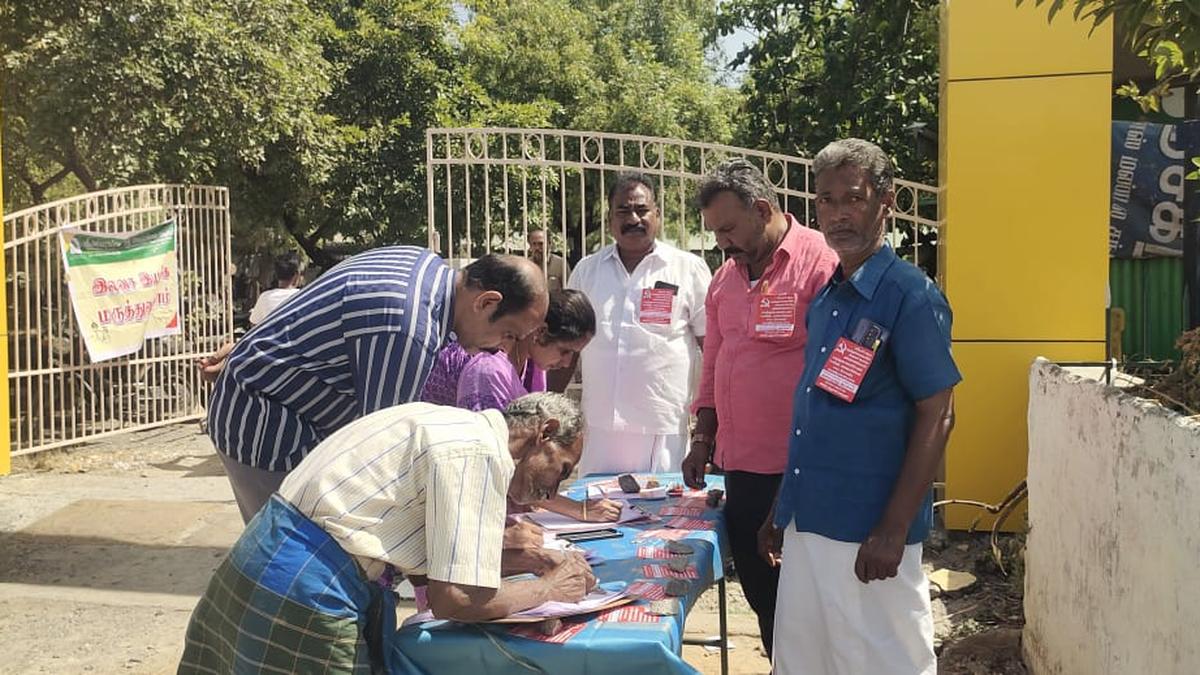Now Reading: Wildlife Conflict Compensation Delays Persist in Mysuru Circle
-
01
Wildlife Conflict Compensation Delays Persist in Mysuru Circle
Wildlife Conflict Compensation Delays Persist in Mysuru Circle
Speedy Summary
- Human-Wildlife conflict cases: In Mysuru circle during 2024-25, 5,705 cases were reported; 56% (3,219 cases) are still pending, while only 2,326 were approved.
- rejected Claims: 160 cases were denied compensation.
- Ex-gratia Details: ₹1.9 crore was sanctioned as compensation; ₹2.49 crore remains pending.
- Processing Delays: Of the claims filed:
– Only 46 cases processed within 30 days.
– 227 processed between 30-60 days.
– Overwhelmingly,most (2,053) took more than 60 days for field verification and approval.
- Conflict Species Data:
– elephants accounted for the majority of incidents (3,986).
– Leopards involved in a important number of conflicts (1,343), followed by tigers (220) and wild boars (112).
– Other species like spotted deer and sloth bears had minimal involvement in isolated incidents.
Indian Opinion Analysis
The backlog in processing human-wildlife conflict compensation claims in Karnataka’s Mysuru circle underscores deeper structural issues in wildlife management policies and governance. These delays risk eroding trust between local communities and conservation efforts as financial distress from damages caused by animals like elephants or leopards is compounded by bureaucratic hurdles.
Timely compensation plays a critical role not only in alleviating economic hardships but also preventing retaliatory killings-critical for sustaining wildlife conservation efforts near forest fringes. However,figures suggesting procedural inefficiencies coupled with staff shortages highlight systemic challenges needing urgent reforms.
Moreover, the large number of elephant-related conflicts suggests growing habitat disturbances that push these animals towards human settlements-a warning signal about broader environmental degradation trends to be addressed proactively to minimize future risks.
Resolving these bottlenecks through streamlined processes would strengthen cooperation with affected communities while reinforcing India’s commitment to sustainable coexistence between humans and wildlife.
Read More: Source.























